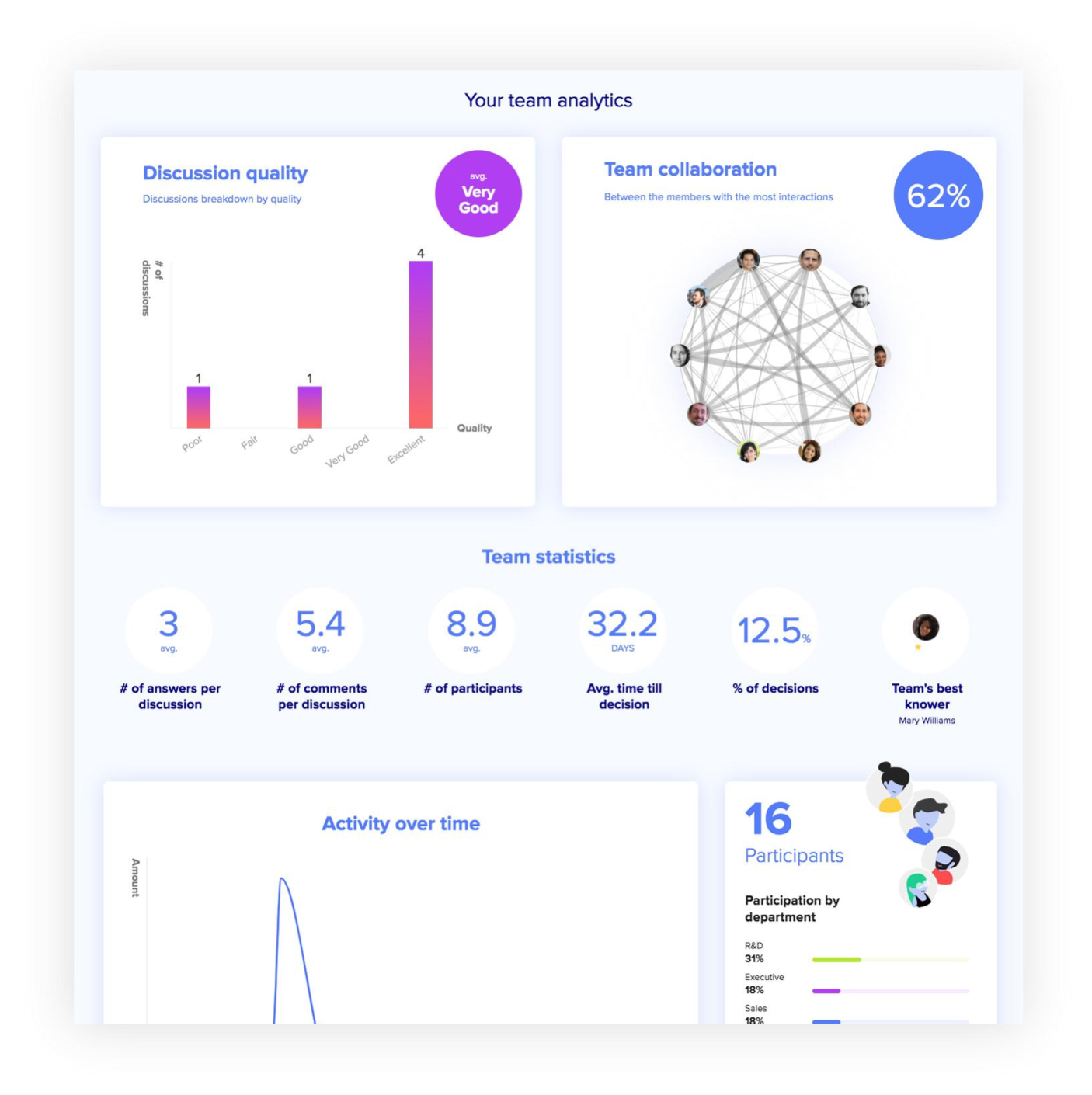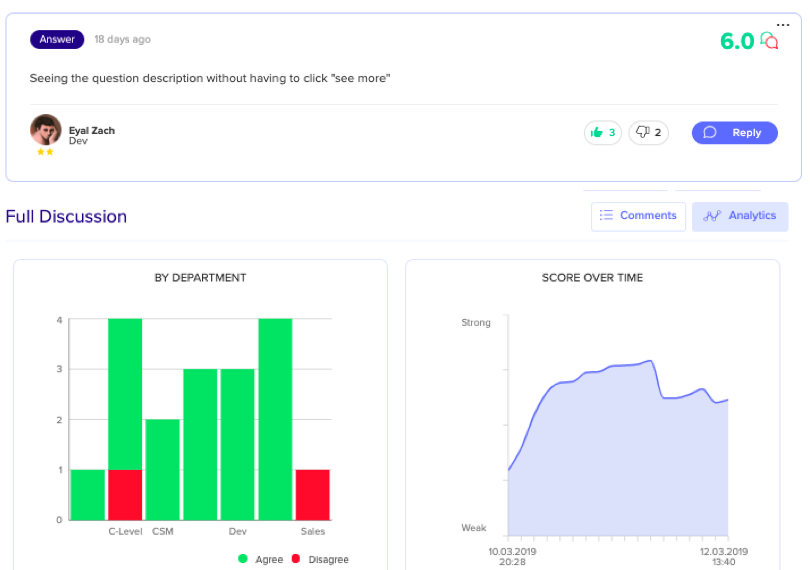Hola Barcelona. Target Global, a pan-European VC firm with €700 million under management and a broad investment canvas spanning SaaS, marketplaces, fintech, insurtech and mobility, is opening an office in the Catalan capital.
Investor director, Lina Chong, will lead the expansion into Spain, having relocated to Barcelona from the fund’s Berlin headquarters. They’re setting up in a co-working space on Avenue Diagonal in the center of the city.
Target Global backs early and growth stages startups, as well as doing some seed investing. The firms tells us it’s expecting to do between one and three deals per year out of the Barcelona office, envisaging the same mix of investments in terms of early and growth stage.
“We’ve been seeing decent deals in both stages. Definitely. Across Spain,” says Chong. “There is just more — by numbers — way more early stage seed than A. I think that’s just the maturity of the ecosystem here.”
Dialling up a local presence across Europe means Target Global can pitch founders on being able to connect talent and expertise across key regional startup hubs, while also plugging into a wider international network. (It also has offices in London, Tel Aviv and Moscow.)
From a VC perspective opening local offices is of course about deal flow. Being on the ground to take more meetings widens the pipe, increasing the chance of an early shot at the next high growth business.
That’s important because Europe’s startups have many more options for early stage funding than in years past, and founders are getting smarter about choosing their investors. Boots on the ground means more time for all important relationship building.
Target Global describes itself as something of a startup — it was founded in 2012 — which means it’s competing for deals with VCs that have more established brands and networks. Becoming a familiar face in the room looks like a solid strategy to growth hack its own network.
“We are a global or a pan-European fund but for an entrepreneur here we want them to feel that we’re local; we understand the ecosystem; that we have deep rooted connections; that we’re committed; that we show up,” general partner Shmuel Chafets tells TechCrunch.
“It’s all a function of time and effort. Just being here and having breakfast with people, lunch with people and helping out even the people we don’t invest. You get more connected and then you start to see more deal flow.”
This is the second local office it’s opened in Europe this year, after adding a London base in April — making it a flattering pick for Barcelona. Plenty of other European hubs are being passed over in the city’s favor this time, be it Madrid, Lisbon, Paris or Stockholm.
Chafets says the firm looked at five or six other cities but settled on Barcelona for now, though he won’t rule out opening more offices in future. “Never say never,” he quips.
Having been a regular visitor to Barcelona for a number of years he talks enthusiastically about the creative energy motivating entrepreneurs — saying the city’s ecosystem reminds him of how Berlin felt a few years ago. “It looks like it’s just about to happen,” he reckons.
“From what I’ve seen Barcelona is sort of strong in creative. It’s a very creative city. It’s always pretty strong in mobile, historically. It had more mobile successes… SaaS, particular smb SaaS, is pretty good here. I think it would be harder to find enterprise sales companies and companies building these very deep tech stuff right now. But definitely in the marketplace, smb SaaS space, mobile space you see great stuff here.
“That ties into the creativity, because it’s a product driven environment — not a tech driven environment. I think Berlin is a very operationally driven environment, Tel Aviv is a very tech driven environment, this is a very product driven environment — which actually complements well our other hubs.”
“There’s some pent-up energy here,” agrees Chong, who says they’ve already come across a “surprising” amount of deal flow. “Again it’s very similar to Berlin where there’s a lot of willingness and there’s a lot of dreaming but there’s not a lot going on. So I think the younger people here they’re creating that.”
Target Global has been testing the water prior to formalizing its commitment to Barcelona, and has four local portfolio companies which it’s ploughed around €20M into over the past 12 months.
Its biggest regional investment to date is in business trip booking SaaS, TravelPerk. It’s also backed flatmate matching platform Badi; online doctor booking platform, Doc Planner (which relocated from Warsaw, Poland after merging with local startup Doctoralia); and medical chat app MediQuo.
From a wider perspective, Barcelona’s tech ecosystem has been gathering momentum for years, helped by the annual presence of the world’s biggest mobile tradeshow (MWC) — as well as more specific pull factors for startups such as a relatively low cost of living and an attractive Mediterranean location.
“It’s a great place to live and you can’t ignore that,” says Chafets. “In Europe if you’re a team and you’re an international team there are very few places you can live.”
This combination means Barcelona is now home to a growing number of high growth startups, including Target Global’s portfolio firm TravelPerk — as well as the likes of on-demand delivery platform Glovo; and RedPoints, which sells a SaaS to brands for detecting and acting against the sale of fake goods online, to name two other notable examples.
Other local startups grabbing attention and investment in recent years include 21Buttons, Holded, Housfy, Typeform and Verse. While hyper local mobile marketplace startup Wallapop — which was on a growth tear in an earlier wave of ecoystem growth — remains the go-to classified app on every local’s phone (though it merged with a US rival back in 2015).
The city even has its own youthful scooter startup (Reby) which has refused to be put off by some tough regulations controlling rentals — and has recently been applying AI to try to make like a good citizen by automatically detect poor parking.
Mobility is a major area of focus for Target Global — which last year announced a dedicated fund (with an initial raise of $100M) for startups working to disrupt transportation. Although, when it comes to stand-up e-scooters the firm is already invested in Berlin-based Circ so will presumably be looking to spend elsewhere on that front.
“Barcelona is the perfect city for scooters,” says Chafets. “Scooters can really change the way the city works. It’s also small and has relatively good public transportation from outwards in — but they need to be regulated. You need to really make sure that [they aren’t a misused nuisance].”
He notes that European regulators have been relatively quick to spot the risks of shared mobility, and close off the antisocial expansionist playbook that played out in some US cities during the first wave of scooter startups — when people trolled Bird by hanging scooters in trees (or, well, worse) — but he sees that as good news for building a sustainable future for alternative mobility.
“It’s a great challenge and it will be a huge money maker — that’s where we want to be right, multiple trillion dollar businesses!”
Away from disruptive developments on the ground in Barcelona and the other local tech hubs that Target Global is intending to explore from its new base in Catalonia, it also views Spain as a low risk gateway to opportunities on the other side of the Atlantic.
“There’s a decent local domestic market and there is a natural second market in South America,” says Chafets. “Actually in the US too — because Spanish is the second most commonly spoken language in America so when you start a company here you have that second market built in. Which is very important — you can scale it.”
“Latin America is a fascinating market right now, it’s a fascinating time,” he adds. “So in a way it’s a way for us to make a side bet on Latin America without going out of Europe and investing far.”
We’ll share a full interview with Chafets and Chong on Extra Crunch.




